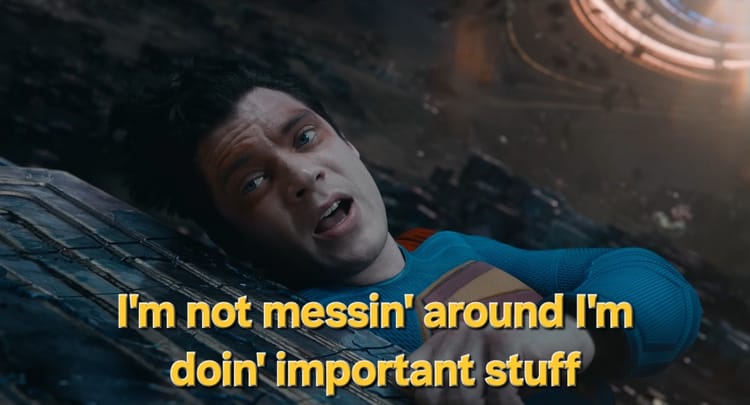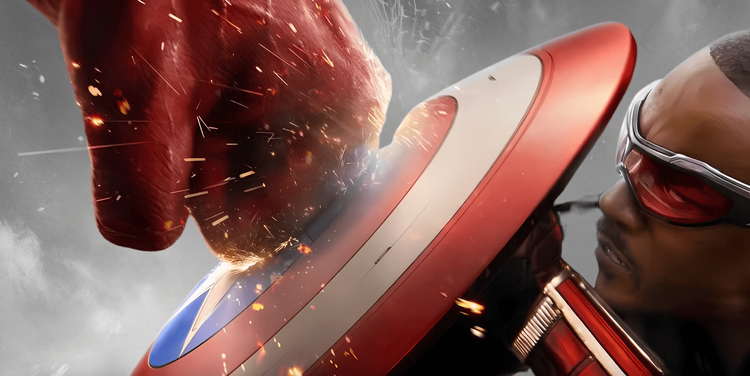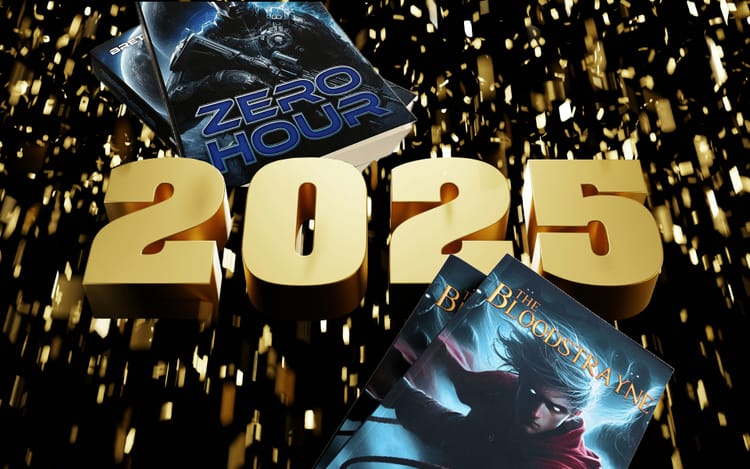What’s The Big Idea With Joker?
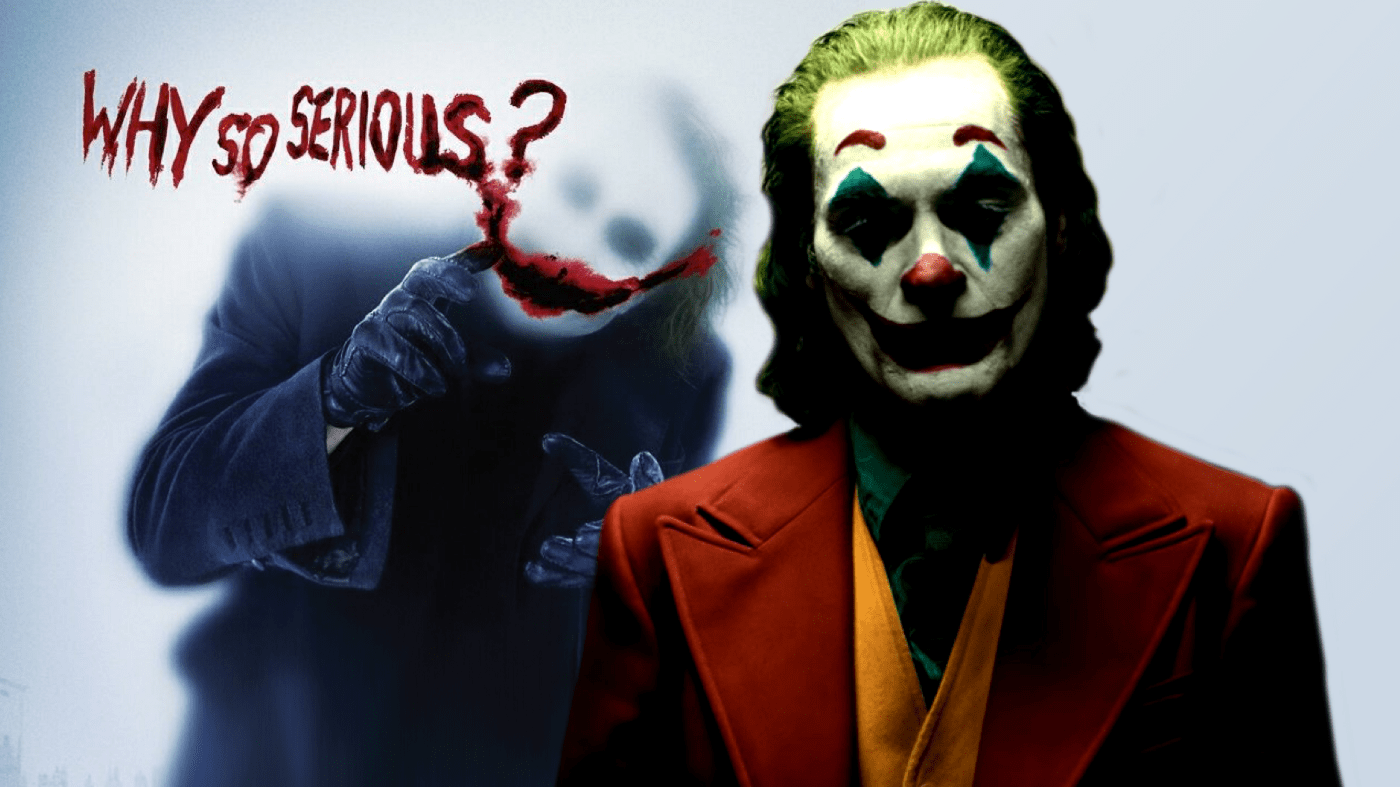
If I asked you what the first word would be that came to mind when thinking about Heath Ledger’s turn as the Joker in the Dark Knight, I would venture to guess that you thought of either chaos or anarchy, and if I was a betting man I’m sure I would have been right.
Now, if you’ve seen the new Joker trailer that stars Joaquin Phoenix in the titular role, what would be the first word that comes to mind after watching this particular iteration of the Prince of Crime? Pathetic? Sad? Whitey tighty underwear?
I mean seriously, what could be more cliched than seeing Phoenix swaying around in his whitey tightys? But I digress.
While I have plenty of things to say about Phoenix’s Joker based off of the trailer, one thing that I want to get out of the way first and foremost is that this interpretation of the character does look leaps and bounds better than Jared Leto’s pathetic attempt. But even though I’m sure Phoenix will put in a solid performance, there is no getting out of the fact that Phoenix will be constantly compared to the one and only Heath Ledger in his iconic Oscar winning role.
But is the comparison warranted? After all, this looks like a much different take on the Joker character, so shouldn’t it be criticized or praised on its own terms?
Well, yes and no.
While I do feel that it will be largely unfair to compare Joker to the Dark Knight, partially due to the distinctions of the performances themselves, the underlying themes of these two different stories will be appealing or unappealing in vastly different ways.
The question becomes, what made Heath Ledger’s Joker so iconic and memorable in the first place?
Or in other words, what was the big idea that made Ledger’s Joker have such a lasting impact?
The answer? Anarchy.
As the Joker clearly states when speaking to Harvey Dent, “I’m an agent of chaos.”
Joker wasn’t scary just because of convincing makeup or because he sadistically killed people with pencils, he was scary because of what he represented. Just like Batman himself, the Joker was a symbol. He stood for much more than the sum of his parts.
In many ways, Nolan’s Joker was an evolution of the comic book character; an evolution which will be hard to beat in the coming years. While the Joker character has largely skated by on his humorous antithesis to Batman’s serious demeanor, Heath Ledger took it a step forward and gave the Joker an ideology; an ideology that stands in direct conflict with the Caped Crusader’s principles and ideals.
He calls direct reference to this impasse when he says, “this is what happens when an unstoppable force meets an immovable object.”
For historical context, while Jack Nicholson made a lasting impression in Tim Burton’s Batman back in 1989, there wasn’t anything inherently interesting about his portrayal of the Joker. He was zany and amusing, but aside from Nicholson’s energetic performance, there wasn’t anything memorable about the character. For the most part, Nicholson’s Joker seemed only mildly perturbed at Batman’s actions and didn’t consider him a force to be reckoned with, whereas Ledger’s Joker knew exactly what he was up against in the form of Christian Bale’s Batman. Unlike Nicholson, Ledger’s Joker plotted and schemed to dizzying degrees to accomplish his goals.
But in the end, Ledger’s Joker only had one true goal, even if it wasn’t readily apparent. After Batman seemingly comes out on top in their final altercation, the Joker states, “You didn’t think I’d risk losing the battle for Gotham’s soul in a fist fight with you? No. You need an ace in the hole. Mine’s Harvey.”
It turns out that the Joker wasn’t after kicks, money, or even power. He was battling for the soul of Gotham. He was fighting to twist the city’s spirit into a twisted version of himself.
He wanted Gotham to mirror his own sick ideals.
Deep down, Ledger’s Joker believed that we’re all selfish animals, and that since we’re all mass hypocrites when it comes to our principles and values, that no one person or idea is better than another.
To him, we live in a dog eat dog world, and to say otherwise is a blatant lie. In the end, we’re all dogs chasing cars, just like he self proclaims himself to be.
Thousands of words have been written about Heath Ledger’s Joker, and for good reason. He’s not just scary in a horror movie kind of way. He’s scary because, in the end, he has a point. If we all didn’t have a little bit of Batman in our inner selves, then the evil thing lurking in our souls that’s staring right back at us from the abyss would be the Joker. The Joker’s embodiment of anarchy and chaos is a representation of our default, animal-like state.
And that’s terrifying.
But putting all that aside, now we have a new Joker on the scene. Now that we’ve established what made Heath Ledger’s Prince of Crime so powerful, what does this new take on the character have to offer?
Or in other words, what’s the big idea behind this new version? If Heath Ledger’s iteration stood for anarchy, what does this Joker stand for?
Well…from what I can tell, there is no big idea.
Obviously, it’s probably too early to tell based off of just one trailer alone, but after seeing Joaquin Phoenix’s Joker get repeatedly beat up by street hooligans and living what can only be described as a miserable life, it seems that the only thing we’re expected to do is to feel sympathy.
This Joker is asking us to feel, not to think. It’s asking us to replace fear with empathy.
While Ledger’s Joker was fueled by an idea, this new take on the character is fueled by circumstances. Empathy is the guiding force at work here, not intellect.
Obviously this Joker will perform terrible and dastardly deeds, but will he do so because of an idea, or because he’s purely a reactionary character?
Is he a force to be reckoned with, or purely a consequence of society?
And yes, many great villains are sympathetic, such as Magneto in X-Men. But it wasn’t Magneto’s past that challenged our morals, it was his future. It was his misguided ideas about mutant superiority that made him a chilling force to be reckoned with, not his tragic childhood.
With almost any great villain, you will find a disturbing — yet compelling — idea, not just a tragic backstory.
So far, I’m not seeing that with this new Joker.
If Heath Ledger was playing this new version of the character, my critique would be exactly the same. I’m not a blindly fanatic Heath Ledger fan and would be fine if a performance came along that overshadowed his portrayal, but I don’t see that happening anytime soon — especially with this version of the Joker — and here’s why:
In many ways, this new Joker is a reflection of our modern, intellectually weak world. We live during a time that is run by emotion, not by ideas. Instead of facing the dense battleground of intellectual thought and nuance, many of us are more than comfortable sit by in a state of security in safe spaces and trigger-free environments.
If we feel that we’re marginalized, then we are by default. In other words, this Joker is a victim, not a villain. And since he’s a victim, we mustempathize with him.
We live in a world that seems terrified by the discourse of ideas. Unlike the Greatest Generation that rose to the challenge to face true evil, my generation will be defined by safe spaces.
If we don’t change as a whole, then characters like this new Joker is our future. If we don’t embrace the idea that ideas are important — even bad ones — then there may not be very many good ideas left.
Now that’s terrifying.
